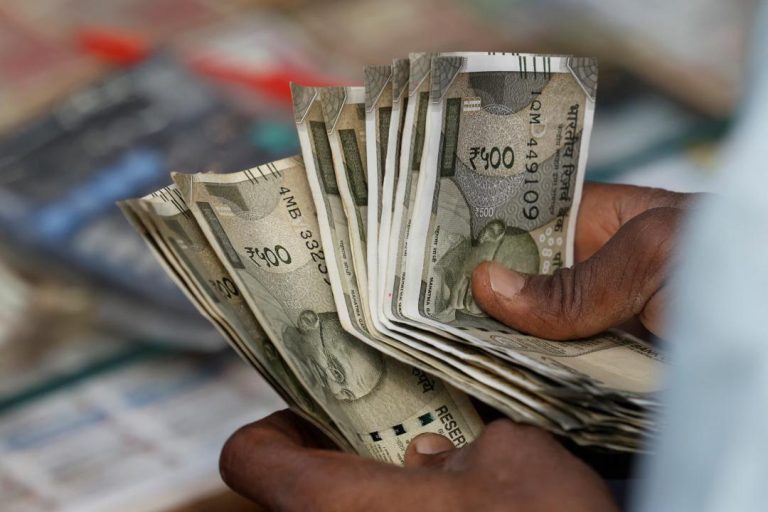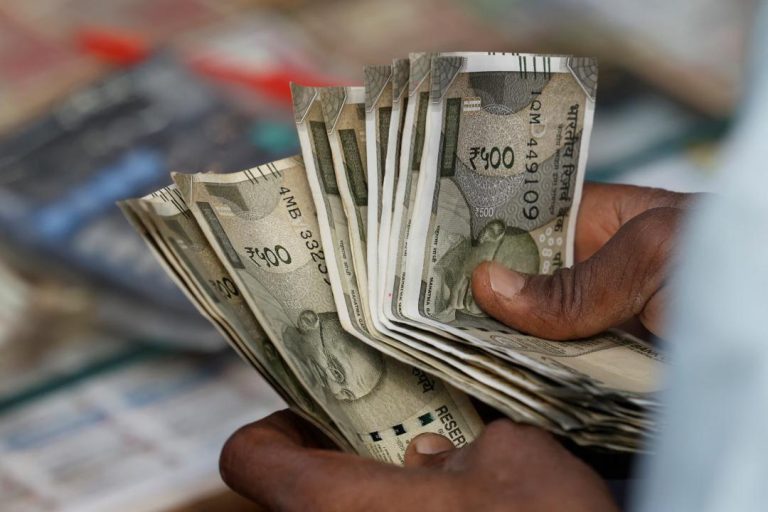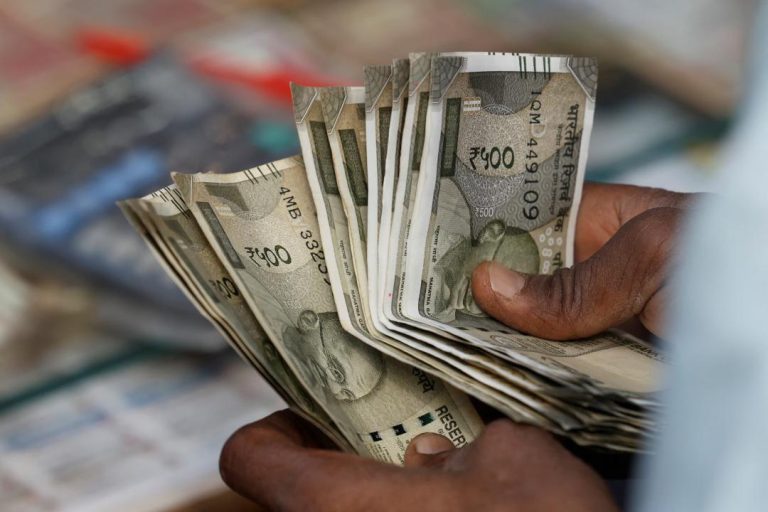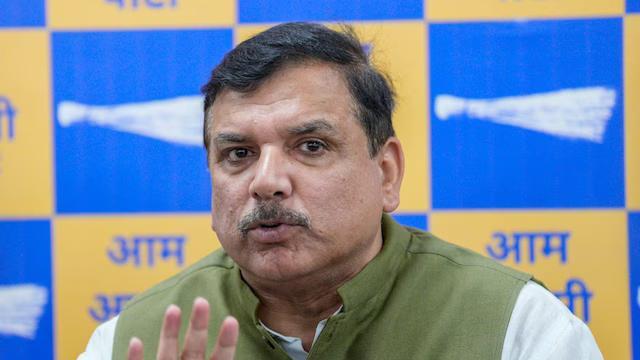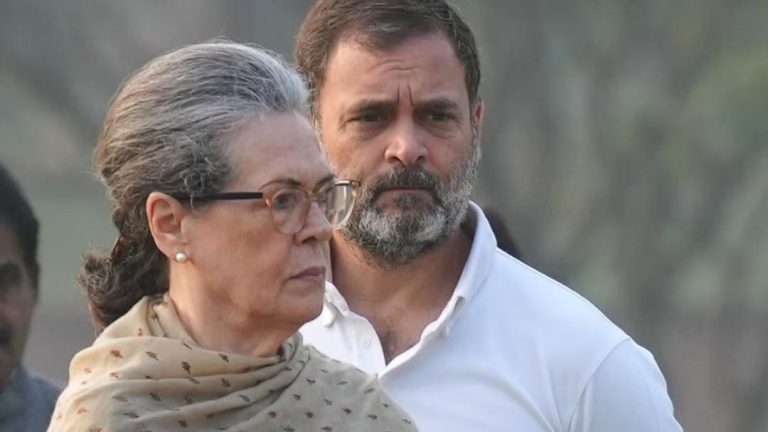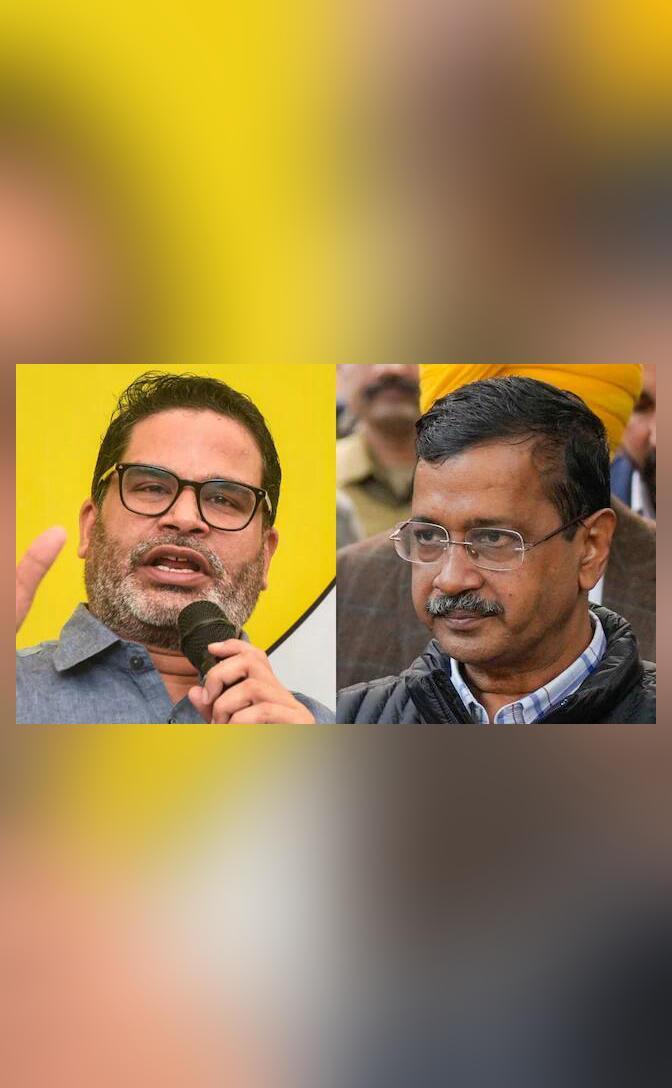
Prashant Kishor Lists Reasons Why Kejriwal & AAP Lost in Delhi Elections
The Delhi assembly elections 2020 were a major upset for the Aam Aadmi Party (AAP) led by Chief Minister Arvind Kejriwal, who has been a prominent figure in Indian politics for years. AAP, which had been ruling the city for 15 years, lost the election to the Bharatiya Janata Party (BJP). The party’s defeat was a major shock, and many have been trying to analyze what went wrong. One of the key figures who has been vocal about the reasons behind AAP’s defeat is Prashant Kishor, a renowned politician and former political strategist.
Kishor, who has worked with various political parties, including the AAP, has spoken about the reasons for Kejriwal’s and AAP’s loss in the Delhi elections. In an interview with News18, Kishor explained that Kejriwal’s decision to resign as Delhi CM after being granted bail in the liquor policy case was a “big strategic mistake”.
“Arvind Kejriwal should have resigned after his arrest, not after his bail. If he had resigned after his arrest, people would have respected him for his honesty and integrity. But by resigning after his bail, it looked like he was trying to save his skin,” Kishor said.
Kishor also pointed out that the 10-year anti-incumbency factor was another major reason for AAP’s defeat. “AAP has been in power for 10 years, and people get tired of the same government. They want a change. AAP’s long tenure in power led to a sense of stagnation, and people were looking for a fresh face,” he said.
Another significant factor that contributed to AAP’s loss, according to Kishor, was Kejriwal’s fluctuating stance on joining the INDI Alliance. “Kejriwal’s decision to join the INDI Alliance and then exit it created confusion among the people. It hurt his credibility and made people question his commitment to his principles,” Kishor explained.
Kishor also blamed the AAP’s lack of a robust campaign strategy and the party’s failure to connect with the people on the ground. “AAP’s campaign was poorly planned, and they didn’t have a strong grassroots presence. They relied too much on social media and didn’t engage with the people directly,” he said.
Additionally, Kishor pointed out that the AAP’s lack of a clear vision for the city and its failure to deliver on its promises were major reasons for its loss. “AAP had promised to deliver several things during its tenure, but it failed to deliver on most of them. People lost trust in the party, and that’s why they lost the election,” he said.
Kishor also criticized the AAP’s handling of the COVID-19 pandemic, saying that the party’s response was inadequate. “AAP’s handling of the pandemic was poor. They didn’t have a clear plan, and they didn’t engage with the people effectively. This led to widespread criticism and loss of trust among the people,” he said.
In conclusion, Kishor’s analysis of AAP’s defeat in the Delhi elections highlights several key factors that contributed to the party’s loss. These include Kejriwal’s poor decision-making, the 10-year anti-incumbency factor, the party’s lack of a robust campaign strategy, and its failure to deliver on its promises. These factors, combined with the party’s poor handling of the COVID-19 pandemic, ultimately led to AAP’s defeat.
